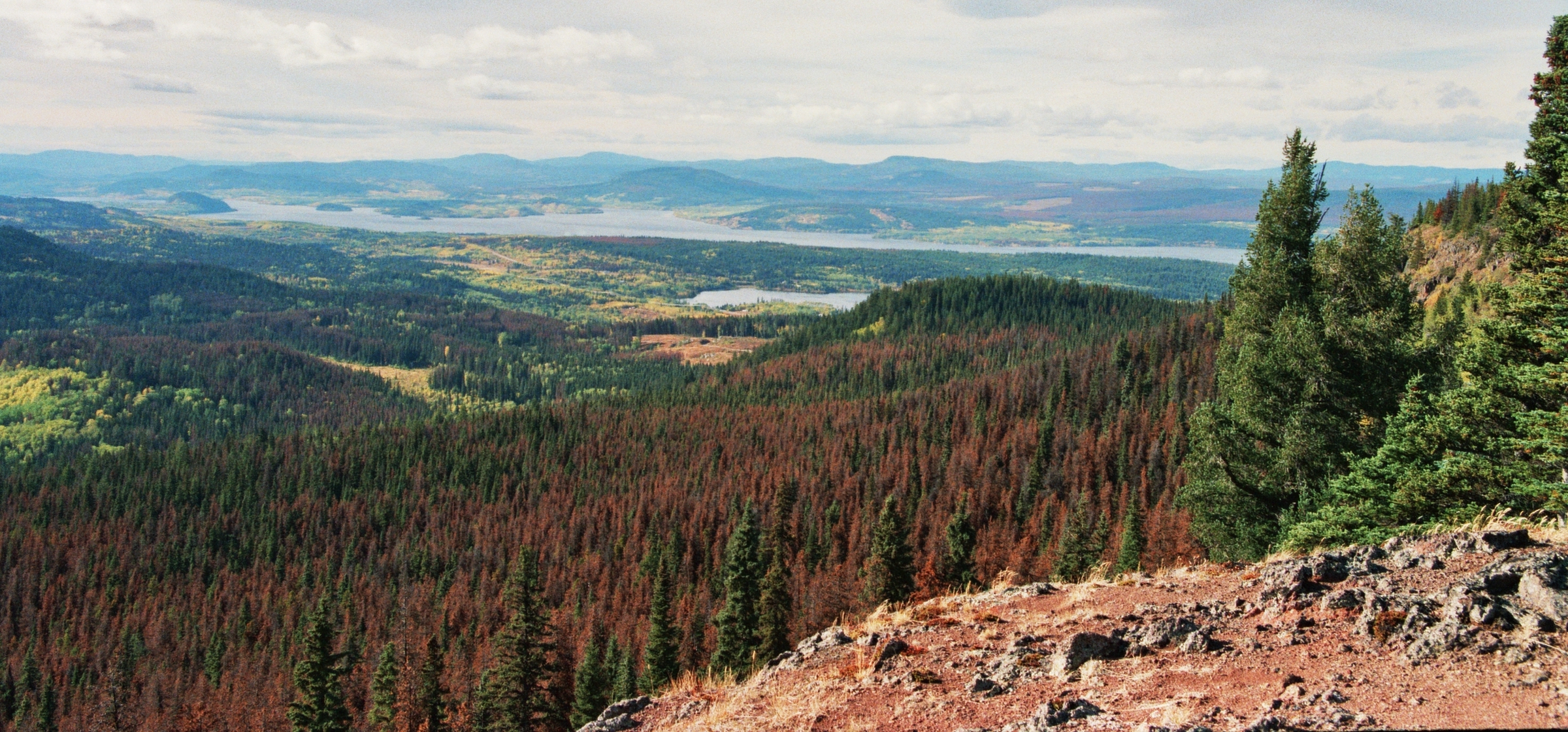Please note: Osher Rainforest will be closed for maintenance Jan. 14–16.
Science News
Invasive Species: The Bad Guy?
June 15, 2011

Much like an anti-hate campaign, a group of 19 ecologists is calling for its colleagues to be less biased. Less biased toward invasive species.
Often called aliens, hitchhikers or invasives, non-native species could just as easily be coined "abductees" whose transport links to activities by humans, some scientists say.
The authors of an article in Nature last week note that assumptions that "introduced species" offer only deleterious impacts are misguided and "that human-induced impacts, such as climate change, nitrogen eutrophication, urbanization and land use change are making the native-versus-alien species dichotomy in conservation increasingly meaningless."
The authors believe that a shift in the field is needed, focusing on the impacts of an organism on an environment rather than its native origins. "Scientists who malign introduced plants and animals for thriving under favorable conditions seem to be disregarding basic ecological and evolutionary principles," according to two of the authors—Matthew Chew, an ecologist and historian of invasion biology, and Julie Stromberg, a plant ecologist, with Arizona State University. "Evaluating whether a species 'belongs' in a particular place is more complicated than just finding out how and when it arrived."
An article in Wired explains that invasives get a bad rap.
Most are actually benign, relegated to a lower-class status that reflects prejudice rather than solid science, write the authors. Non-natives are assumed to be undesirable, and their benefits go ignored and unstudied.
Natives can also be the bad guys. Scientific studies show that while some introduced species have resulted in extinctions, not all natives are beneficial, as in the example of the pine bark beetle, which is decimating North American pine forests.
The authors of the Nature article are clear that prejudice could just lead to poor habitat management.
Invasion implies so many values. We need to consider the impact of these terms and approaches and how they affect scientific perception, public perception, and in turn, decision-making in conservation and restoration management.
Image: Themightyquill/Wikimedia